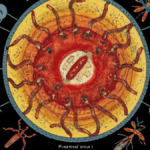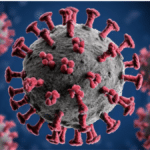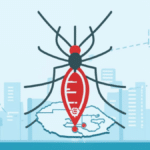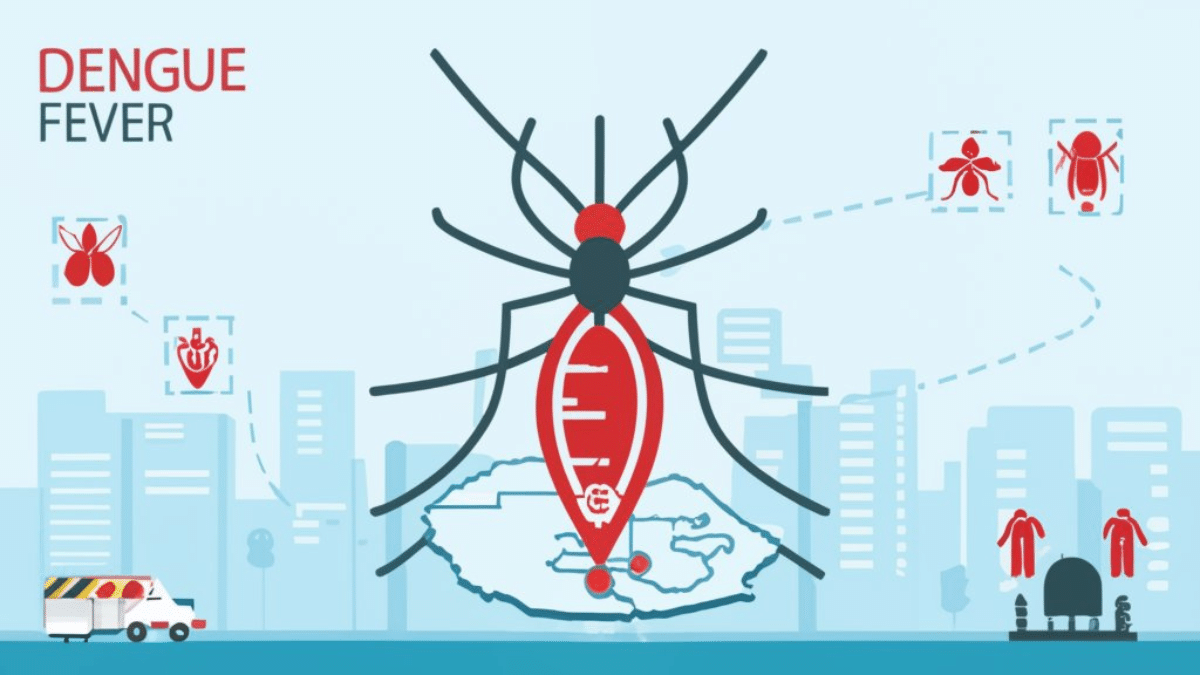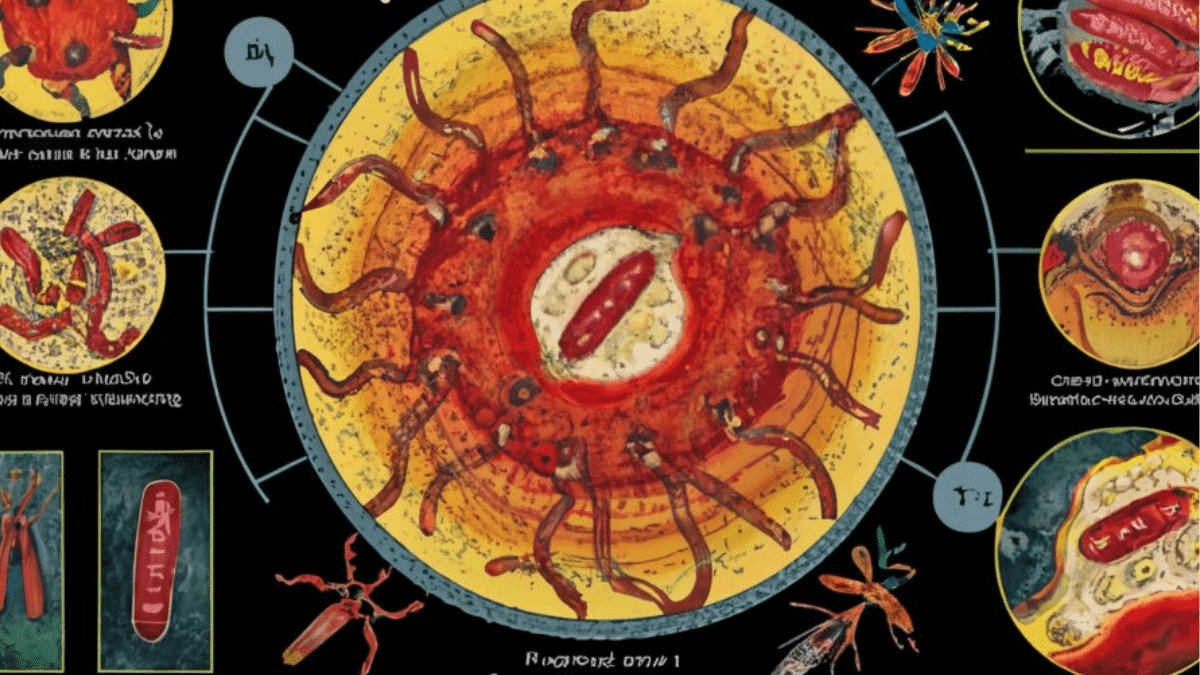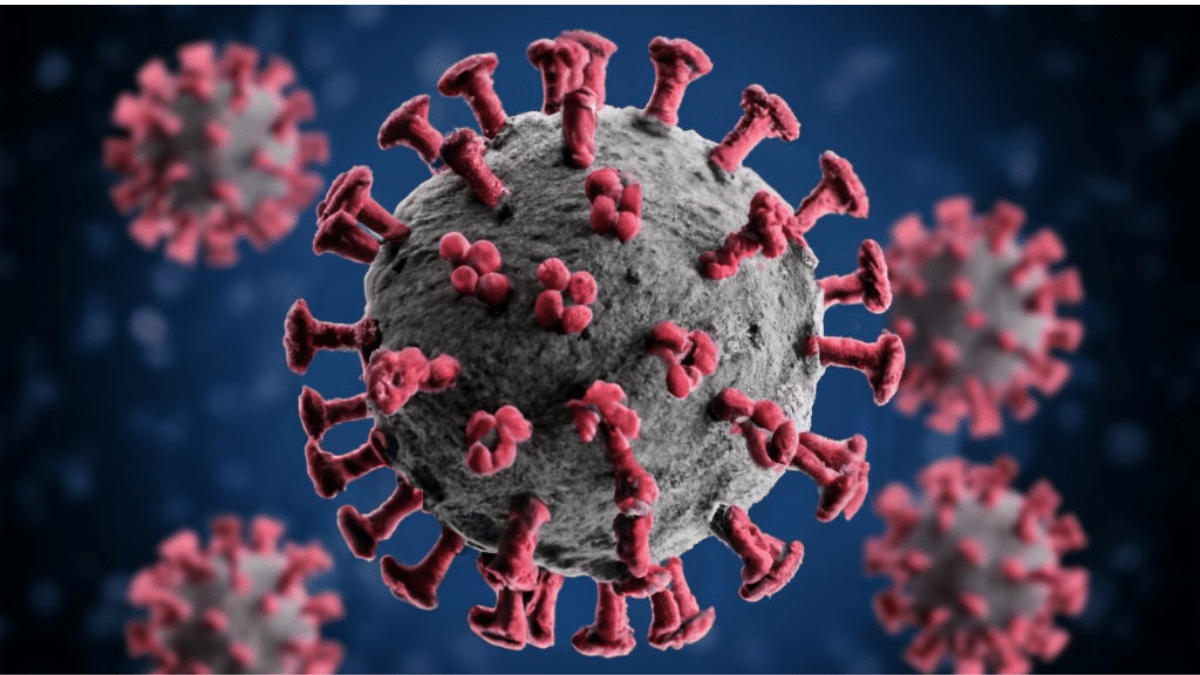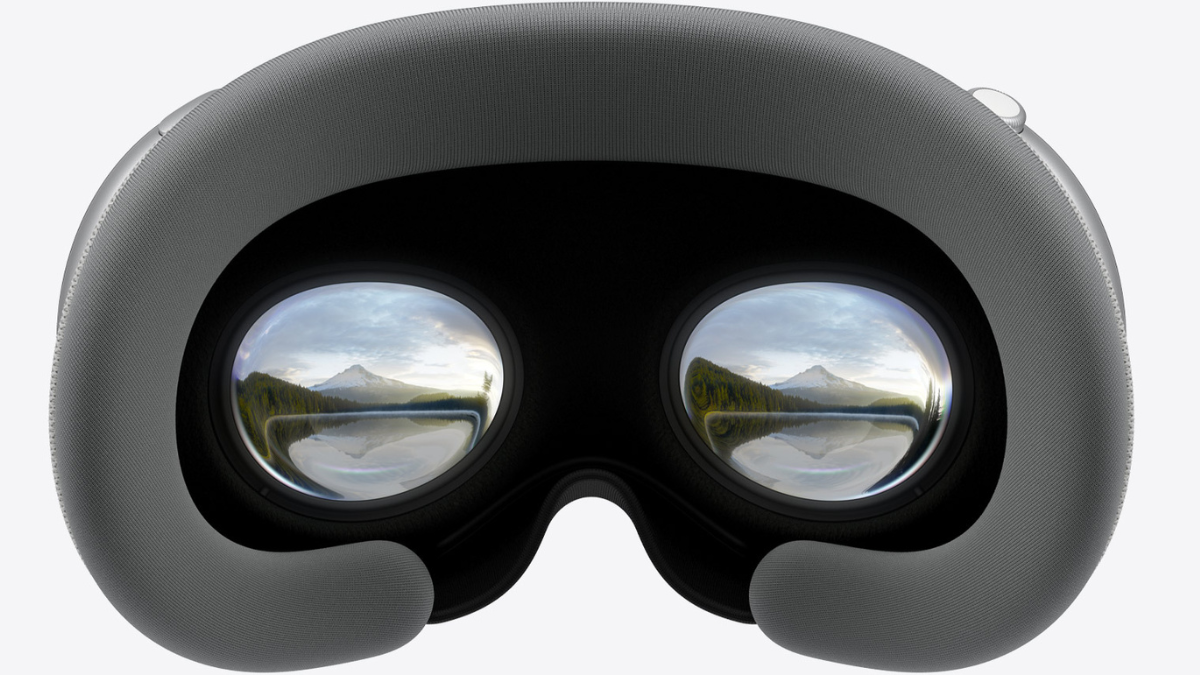Dengue fever is a mosquito-borne viral infection that has become a major public health concern in tropical and subtropical regions around the world. Understanding its causes, symptoms, diagnosis, and treatment is crucial in managing and preventing this illness. Here’s a comprehensive guide to everything you need to know about dengue fever.
Table of Contents
Causes of Dengue Fever
It is caused by the dengue virus, which is transmitted to humans through the bites of infected female mosquitoes, primarily of the Aedes aegypti species. The virus has four distinct but closely related serotypes (DEN-1, DEN-2, DEN-3, and DEN-4). A person can be infected with one or more serotypes over their lifetime. Infection with one serotype provides lifelong immunity to that serotype but not to the others.
Symptoms of Dengue Fever
The symptoms of dengue fever typically appear 4 to 10 days after being bitten by an infected mosquito. They can range from mild to severe and may include:
- High Fever: Sudden onset of fever, often reaching 104°F (40°C).
- Severe Headache: Intense pain, especially in the forehead region.
- Pain Behind the Eyes: A characteristic pain experienced behind the eyes.
- Joint and Muscle Pain: Often referred to as “breakbone fever” due to the severe muscle and joint pains.
- Nausea and Vomiting: Digestive issues such as nausea and vomiting.
- Rash: A skin rash that can appear a few days after the fever starts.
- Bleeding: Mild bleeding from the nose or gums, or easy bruising.
In severe cases, dengue can develop into dengue hemorrhagic fever (DHF) or dengue shock syndrome (DSS), which are potentially fatal and require immediate medical attention.
Diagnosis of Dengue Fever
Diagnosing typically involves:
- Clinical Evaluation: Based on the symptoms and patient history, especially if they have traveled to or live in an area where dengue is common.
- Laboratory Tests: These include blood tests to detect the presence of the virus or antibodies:
- NS1 Antigen Test: Detects the dengue virus in the early stages of infection.
- PCR Test: Identifies the genetic material of the virus.
- IgM and IgG Antibody Tests: Determine the body’s immune response to the virus, indicating current or past infections.
Precautions Against Dengue Fever
Preventing dengue primarily involves avoiding mosquito bites and reducing mosquito populations:
- Use Insect Repellents: Apply repellents containing DEET, picaridin, or oil of lemon eucalyptus.
- Wear Protective Clothing: Long-sleeved shirts and long pants can reduce skin exposure to mosquito bites.
- Install Screens: Use window and door screens to keep mosquitoes out of living spaces.
- Use Mosquito Nets: Especially effective in areas where people sleep during the day, as Aedes mosquitoes are day biters.
- Eliminate Breeding Sites: Remove standing water from containers, tires, flower pots, and other places where mosquitoes can breed.
- Community Efforts: Participate in community clean-up campaigns and mosquito control programs.
Treatment for Dengue Fever
There is no specific antiviral treatment for dengue fever. Management of the disease focuses on relieving symptoms and maintaining proper hydration:
- Hydration: Drink plenty of fluids to prevent dehydration from fever and vomiting.
- Pain Relief: Use acetaminophen (paracetamol) for fever and pain. Avoid aspirin and non-steroidal anti-inflammatory drugs (NSAIDs) like ibuprofen, as they can increase the risk of bleeding.
- Rest: Ensure adequate rest to help the body recover.
- Medical Care: In cases of severe dengue, hospitalization may be necessary for intravenous fluids, blood transfusions, and close monitoring.
Dengue fever is a serious health concern that requires awareness and proactive measures to prevent and manage. By understanding its causes, symptoms, diagnostic methods, and treatment options, we can better protect ourselves and our communities from this debilitating disease. Remember, the best defense against dengue is preventing mosquito bites and eliminating breeding grounds for mosquitoes. Stay informed, stay protected, and stay healthy.


